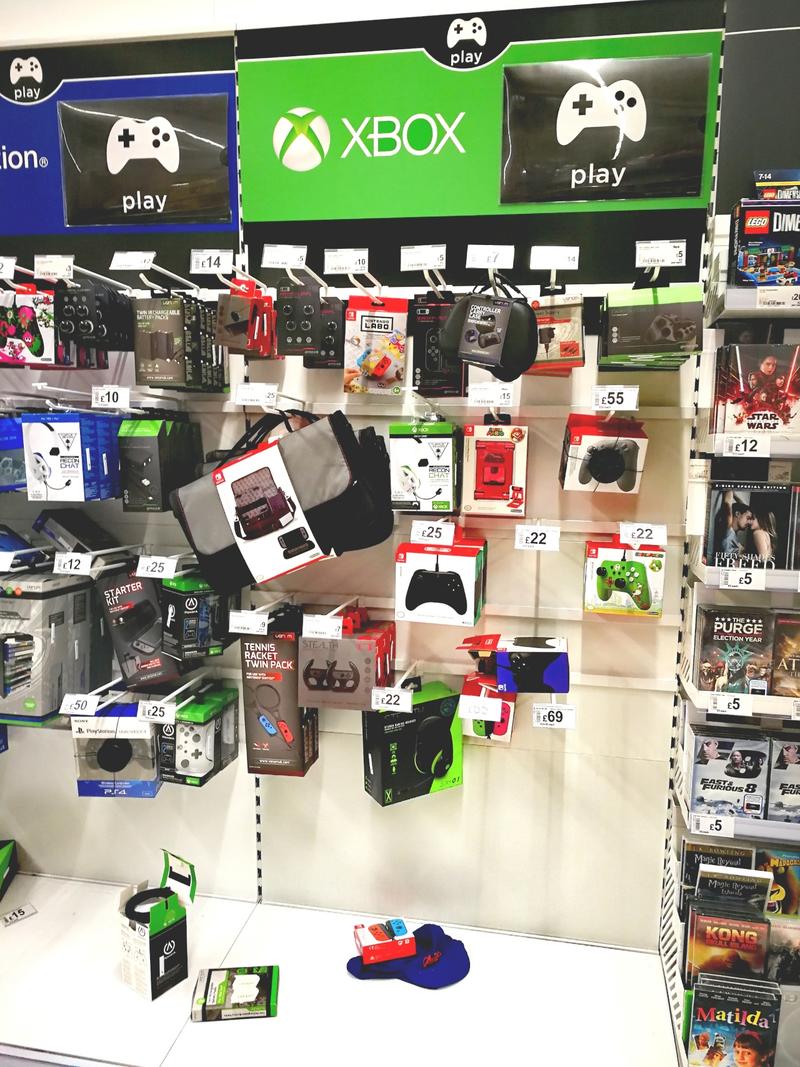In-store audits are a key tool that product manufacturers can use to ensure their products are being displayed and sold according to their standards. By conducting regular in-store audits, manufacturers can identify any issues with product placement, merchandising, or sales and take corrective action to improve the situation.
In-store audits can also help manufacturers track the progress of their retail partners in meeting agreed-upon standards. By monitoring retailers’ compliance over time, manufacturers can assess whether new initiatives are having the desired effect and make necessary changes.
1. What are in-store audits?
In-store audits are used to evaluate the compliance of retail stores with company guidelines. The audits are conducted by corporate employees or third-party contractors and focus on various aspects of store operations, including cleanliness, customer service, and marketing. In-store audits can help to identify problems that may be negatively impacting sales or customer satisfaction levels. They can also be used to assess the effectiveness of recent changes to store policies or procedures. Ultimately, in-store audits provide valuable feedback that can be used to improve the performance of retail stores.
2. How can in-store audits help your business with retailers?
In-store audits can help your business in a number of ways. For starters, they provide an objective assessment of your product’s in-store performance. In-store audits can also help you identify any potential issues with retailers, such as out-of-stock items or incorrect pricing. In addition, in-store audits can help you to assess the effectiveness of your in-store marketing materials. Finally, in-store audits can help you to compare your product’s in-store performance against that of your competitors. As a result, in-store audits can be a valuable tool for any business that sells products through retailers.
3. What are some tips for conducting effective in-store auditing?
In-store auditing can provide valuable insights into how a retail business is performing. However, in order to be effective, in-store audits must be conducted in a systematic and objective manner. Here is our top four tips for conducting effective in-store audits:
* Define the scope of the audit in advance. This will ensure that all areas of the store are covered and that the results are focused and relevant.
* Use a checklist to assess compliance with company standards and procedures. This will help to ensure that all aspects of the store are evaluated in a consistent manner.
* Take photos or videos during the audit for documentation purposes. This can be helpful in identify problem areas or documenting improvements over time.
* Be prepared to offer recommendations for improvement based on the findings of the audit. In-store auditing can be a valuable tool for product manufacturers, but only if it is conducted in an effective manner. By following these tips, businesses can ensure that their in-store audits are productive and useful.
If you are a product manufacturer, contact Retailbound today to schedule an in-store audit. Our team of experts will provide an objective assessment of your product’s in-store performance and make recommendations for improvement. Don’t wait – improve your business today with an in-store audit from Retailbound!



